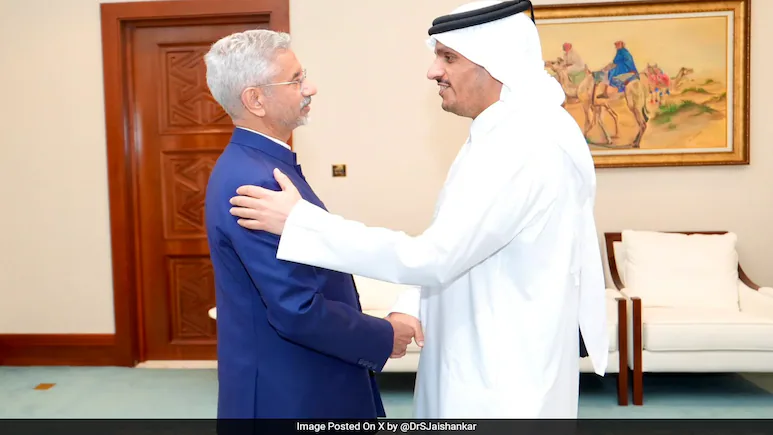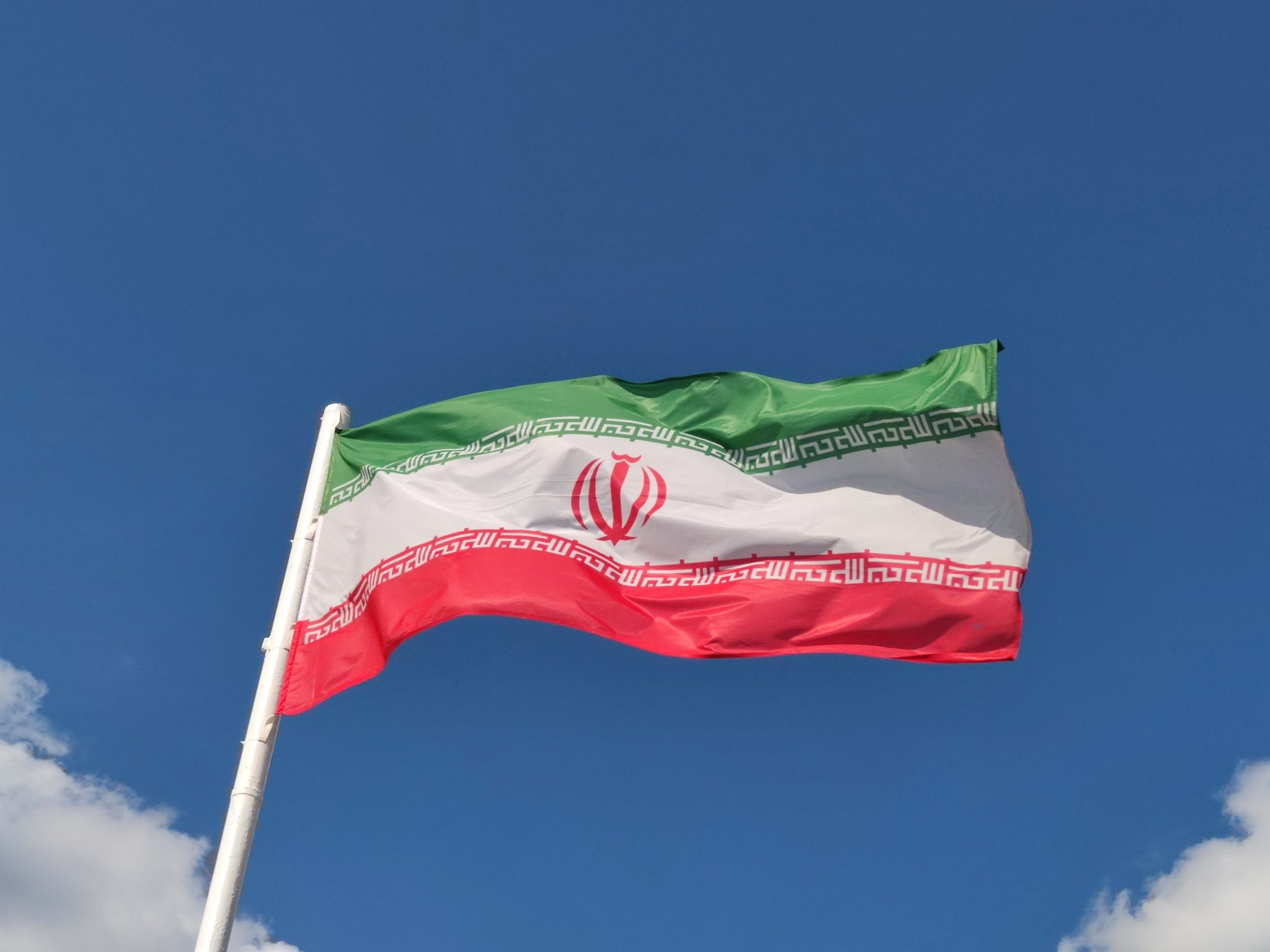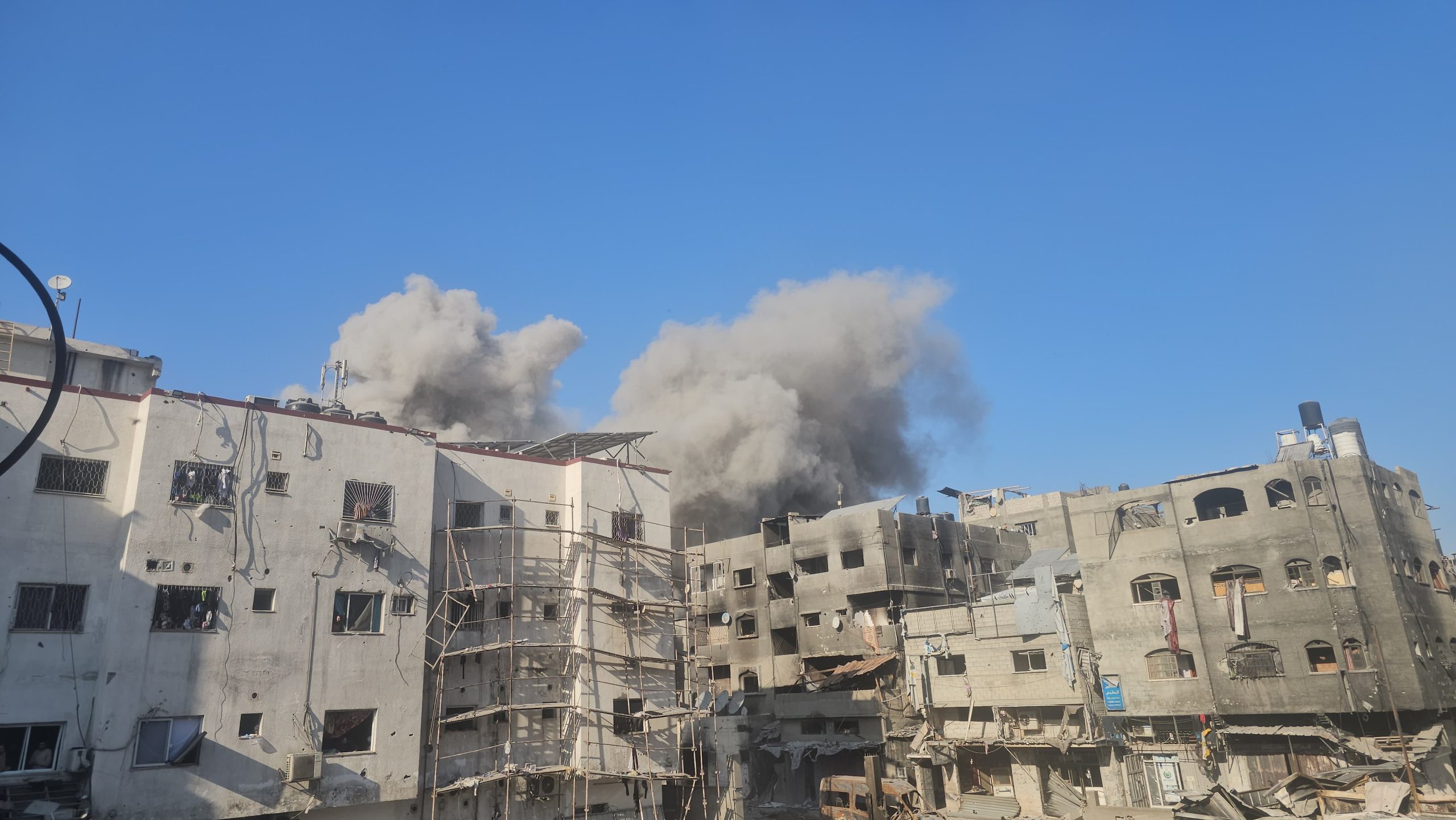The latest meeting comes weeks after the Baghdad Summit, held in Amman with a European participation.
Qatar’s Amir Sheikh Tamim bin Hamad Al Thani joined regional leaders in the United Arab Emirates for a “fraternal consultative” meeting on Wednesday, though a Saudi and Kuwaiti absence was reported.
The meeting gathered the leaders of Qatar, Bahrain, Oman, Bahrain, Jordan, and Egypt under the title “Prosperity and Stability in the Region”, Doha’s state news agency (QNA) reported.
Qatar’s Foreign Minister Sheikh Mohammed bin Abdulrahman Al Thani was also in attendance, along with Chief of the Amiri Diwan Sheikh Saoud bin Abdulrahman Al-Thani.
Moments earlier, UAE President Sheikh Mohammed bin Zayed Al Nahyan (MBZ) welcomed Sheikh Tamim upon his arrival in Abu Dhabi, the second such meeting to the UAE since the blockade was lifted.
Speaking to Doha News, analysts said the participation of Jordan and Egypt, notably non-members of the Gulf Cooperation Council, signals the bloc’s interest in the two countries.
“The GCC countries are the most important debtors to these two countries and have a vested interest in the stability of these two countries – who in the case of Egypt are on the brink of default,” Dr. Andreas Krieg, assistant professor at the School of Security Studies at King’s College London, told Doha News.
Dr. Krieg noted that Jordan and Egypt also suffer from “the worst macro economic situation since the Arab Spring” and said “Qatar and UAE share an interest in regional stability”.
The one-day meeting in the UAE comes weeks after the Baghdad Summit, held in Amman with the attendance of French President Emmanuel Macron along with other members of the European Union.
“It looks like a very positive display of regional dialogue and reconciliation efforts not long after the Baghdad Conference in Amman Jordan,” Anna Jacobs, Senior Gulf Analyst at International Crisis Group, told Doha News.
Qatar-UAE ties thawing
The visit of the Qatari leader to the UAE marks yet another step towards rapprochement for both countries, both of which had been locked in a tense dispute following the illegal air, land and sea blockade in what was dubbed the GCC’s biggest political crisis.
Last month, MBZ paid his first visit to Qatar since the resumption of ties to attend the 2022 FIFA World Cup.
The mutual visits as well as phone calls between Qatar and the UAE comes amid a thawing of ties, though they have come at a gradual pace in comparison to other countries involved in the rift, namely Saudi Arabia and Egypt.
The regional crisis was triggered in 2017 when Saudi Arabia, the UAE, Bahrain and Egypt severed diplomatic ties with Qatar while imposing an illegal air, land and sea blockade on the country.
However, Doha and the quarter buried the hatchet with the signing of the Al-Ula accord in Saudi Arabia, a feat largely attributed to the late ruler of Kuwait, Sheikh Sabah Al-Ahmad Al-Jaber Al-Sabah.
Despite the breakthrough, questions have continued to arise on progress in relations between Qatar and Bahrain – both of whom have yet to fully revert to pre-blockade ties.
While Bahrain’s King Hamad Al Khalifa was present at the UAE meeting this week, there have been no public reports over interactions between him and the Qatari leader.
“I think this meeting shows positive momentum for regional dialogue and will help advance GCC regional reconciliation efforts, especially between Qatar on the one hand and UAE and Bahrain on the other,” Jacobs added.
While remnants of the GCC crisis still appear to remain in the way of Qatar and the UAE’s path to rapprochement, the latest meetings between the leaders signifies progress.
“Ties are warming on the surface as both parties are setting their ideational differences aside for the sake of regional integration and cooperation. The competitive nature of overt policies is fading a little bit,” Dr. Krieg said.
He noted that “below the surface the zero-sum mentality in Abu Dhabi remains” and would continue to advance its own interests.
“Whether it is in business, diplomacy, investment, energy or trade, the UAE will use its influential networks to advance their own interests often at the expense of its neighbours. In particular in the information domain,” Dr. Krieg said.
Over the last few years, there have been various notable disinformation campaigns that have emerged many of which have been blamed by digital analysts on the UAE.
On such example was QLeaks, a dubious platform at the forefront of a major disinformation campaign against Qatar that was exposed by Eekad in an investigation last year.
A separate probe by Emirates Leaks revealed that the UAE and Israel reportedly established a secret unit in an attempt to “sabotage” the GCC reconciliation, citing its threats to their interests.
The campaigns particularly intensified in the lead up to the World Cup in Qatar, some that have attempted to vilify the Gulf state among the west.
At the same time, the UAE was widely perceived as the biggest benefitter of the tournament. During the World Cup, the first to ever take place in the region, flights and hotel bookings to the UAE spiked significantly.
“In the UAE’s Machiavellian mindset, the UAE has to always come out on top and it will do everything it takes to make that happen. For the moment Qatar is not really competing with the UAE in key domains, which allows for a period of relative calm,” Dr. Krieg said.







